Itching in dogs, or pruritus, is a common issue that causes discomfort through excessive scratching, licking, and biting, potentially harming the skin. This condition can be triggered by skin infections, such as bacterial or fungal infections, or underlying health problems like hormonal imbalances, autoimmune diseases, or cancer.
In this exploration of pruritus in dogs, we will cover the clinical symptoms, potential causes, diagnostic methods, and treatment options to help alleviate your pet's discomfort.
How to Know if Your Dog Has Pruritus
If you’re wondering whether your dog has pruritus, look for signs like persistent scratching, licking, biting, or rubbing at the skin. Dogs with pruritus may also show changes in their behavior, such as restlessness or irritability, due to the discomfort caused by itching. Red, inflamed, or scabbed skin, hair loss, or hot spots are common physical symptoms of itching.
In some cases, dogs may develop secondary infections from excessive scratching, which can worsen the condition. If you notice any of these signs, it’s important to consult a veterinarian for a proper diagnosis and to determine the underlying cause of the itching.

Symptoms of Pruritus That Go Beyond Itching
Pruritus in dogs manifests in several ways, and its severity may vary based on the underlying cause. The most common symptoms include continuous scratching and biting, which can lead to patches of hair loss and thinning fur. As the irritation worsens, inflamed and swollen areas become more prominent, sometimes developing into open sores.
Another telltale sign is excessive paw licking, where dogs chew and lick their paws persistently, resulting in red, irritated skin. Some dogs attempt to relieve their itching by rubbing their bodies against furniture or rolling on the floor. In cases of ear discomfort, excessive scratching may be accompanied by frequent head shaking and recurring ear infections.
Over time, chronic scratching can alter the texture and color of the skin, causing it to become thickened, scaly, or darkened. Dogs that scratch excessively may also develop bacterial or fungal skin infections, leading to oozing sores or foul-smelling patches.
What Causes Excessive Itching in Dogs?
Itchiness in dogs stems from a variety of causes, many of which require close monitoring and timely intervention. External parasites like fleas, mites, lice, and ticks are common culprits that can infest a dog's skin and cause relentless itching.
Food allergies are another frequent cause of pruritus, as some dogs develop sensitivities to proteins like beef, dairy, or chicken. These allergies trigger inflammation, leading to persistent itching and skin irritation. Seasonal or environmental allergies, such as reactions to pollen, dust mites, and mold, can also exacerbate itching, particularly during specific times of the year.
Skin infections, both bacterial and fungal, frequently accompany pruritus. These infections can occur as secondary conditions following excessive scratching, weakening the skin’s natural barrier and leading to further irritation. Environmental triggers such as pollen, mold spores, and insect bites further aggravate the condition in susceptible dogs.

How to Resolve Itching at Home
For mild cases of pruritus, several home remedies can help soothe your dog’s skin and provide relief.
- Chamomile and Green Tea Rinse: These have natural anti-inflammatory properties that can help calm irritated skin. Brew the tea, let it cool, and apply it to your dog’s itchy areas using a clean cloth or allow them to soak in a diluted solution.
- Colloidal Oatmeal Bath: Oatmeal baths help reduce inflammation and provide immediate relief for itchy skin. Adding finely ground oatmeal to lukewarm bathwater creates a soothing mixture that can calm skin irritation.
- Apple Cider Vinegar Spray: A natural antibacterial and antifungal agent that can help with minor yeast infections. When diluted with water (1:1 ratio), it can be lightly sprayed on affected areas to reduce itching and prevent further irritation.
- Fish Oil Supplements: Adding fish oil to your dog’s diet provides essential Omega-3 fatty acids that help reduce inflammation and promote a healthy coat.
- Aloe Vera Gel: Applying pure aloe vera gel to irritated areas can provide cooling relief and support skin repair. Ensure that the aloe vera is free from additives or preservatives.
Conclusion
Pruritus in dogs is a common yet often distressing condition that can stem from various causes, including allergies, parasites, infections, and environmental triggers. Monitoring your dog's symptoms and identifying potential irritants can play a key role in managing the condition effectively.
While mild cases may be alleviated with home remedies, persistent or severe itching requires veterinary attention to determine the root cause and implement an appropriate treatment plan. By addressing itching early and taking preventative measures, pet owners can help their dogs maintain comfort and overall skin health.
If you're looking for topical relief, Lolahemp's CBD balm for dogs may provide additional soothing effects for irritated skin.
Dog Itching (Pruritus) FAQs
What are the main causes of itching in dogs?
Itching is often caused by allergies, parasites like fleas or mites, skin infections, or environmental factors such as pollen and mold. Food sensitivities are also common culprits.
Can stress cause my dog to itch?
Yes, anxiety or stress can trigger itching and overgrooming behaviors. These cases are behavioral rather than allergic and may improve with relaxation or routine adjustments.
When should I take my dog to the vet for itching?
If itching persists for more than a few days, causes open sores, or is accompanied by hair loss or redness, a veterinary exam is necessary to rule out infections or allergies.
Are home remedies safe for dog itching?
Mild home remedies like oatmeal baths or diluted apple cider vinegar can help soothe itching, but persistent or severe symptoms should always be evaluated by a veterinarian.
Can diet help reduce my dog’s itching?
Yes. Switching to a hypoallergenic or limited-ingredient diet can sometimes relieve itching caused by food allergies or sensitivities. Always consult your vet before changing foods.

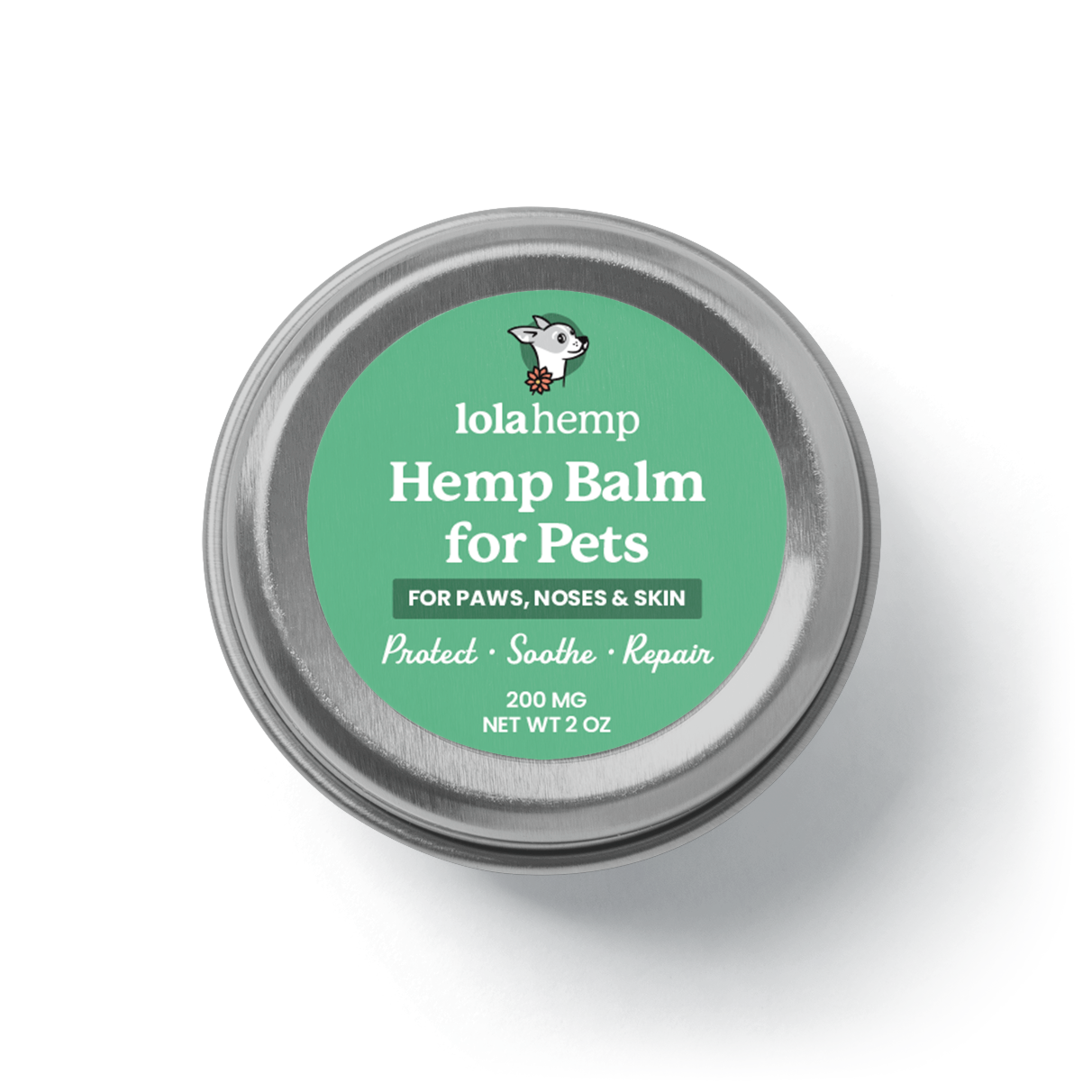
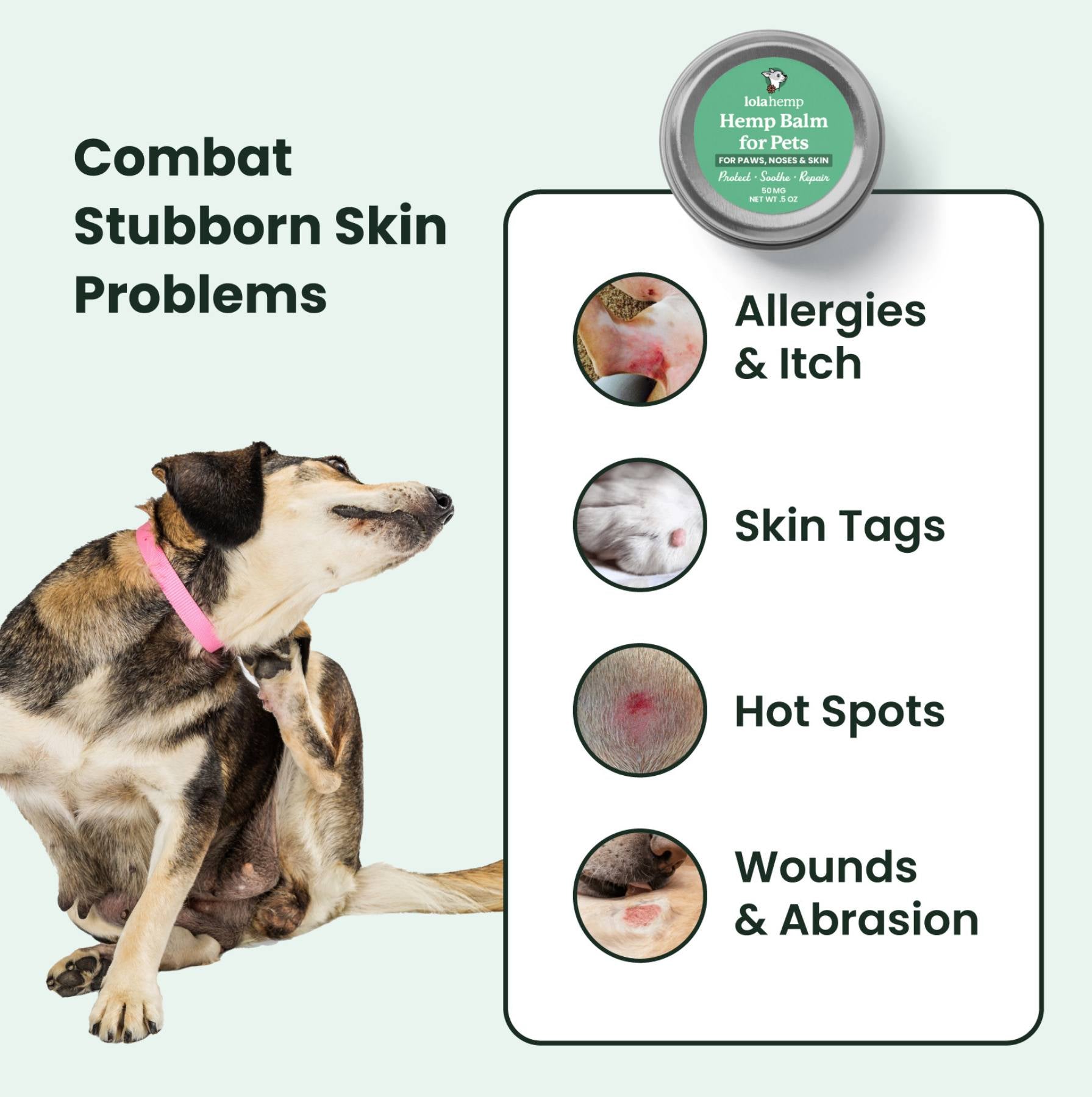
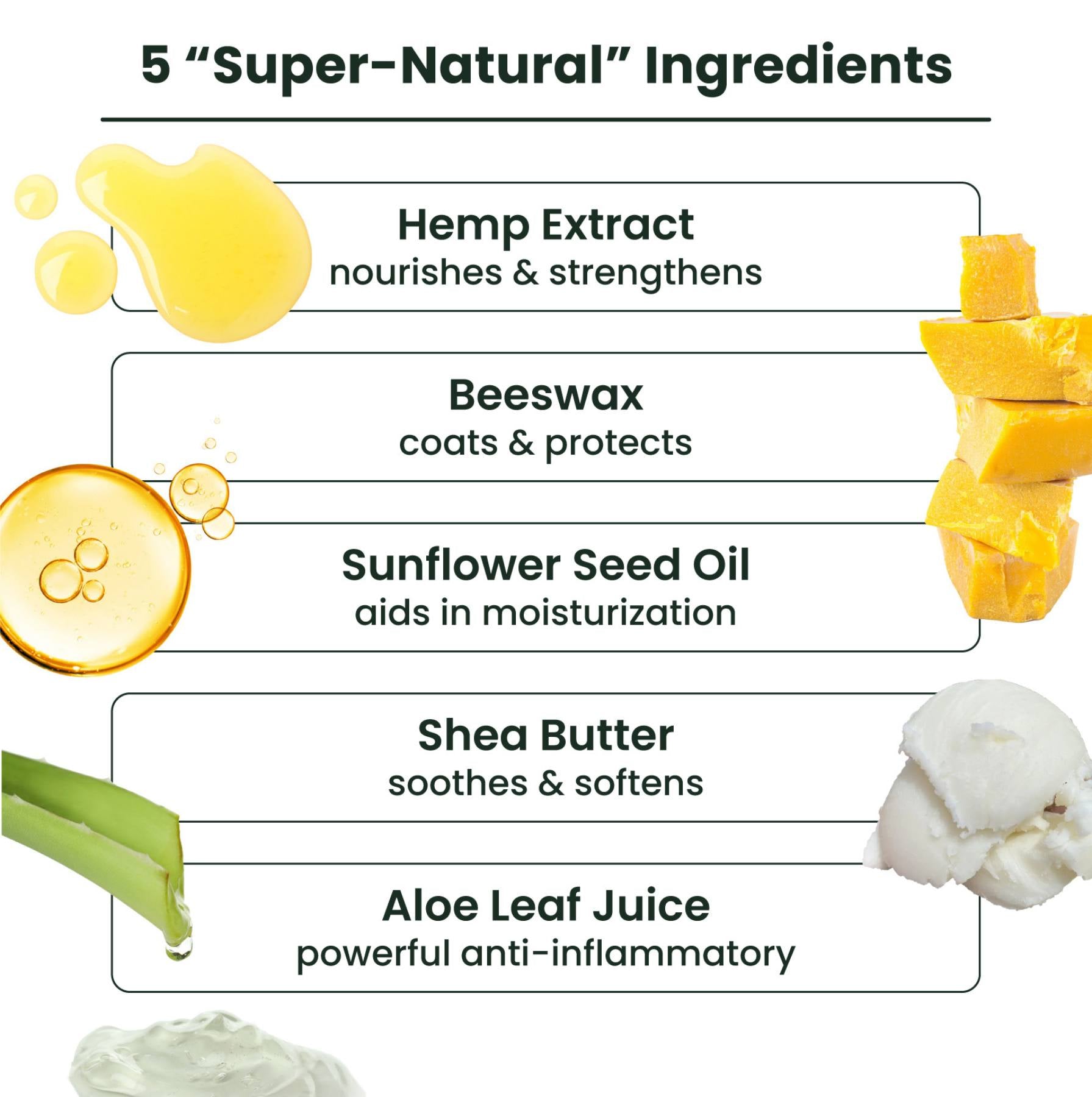
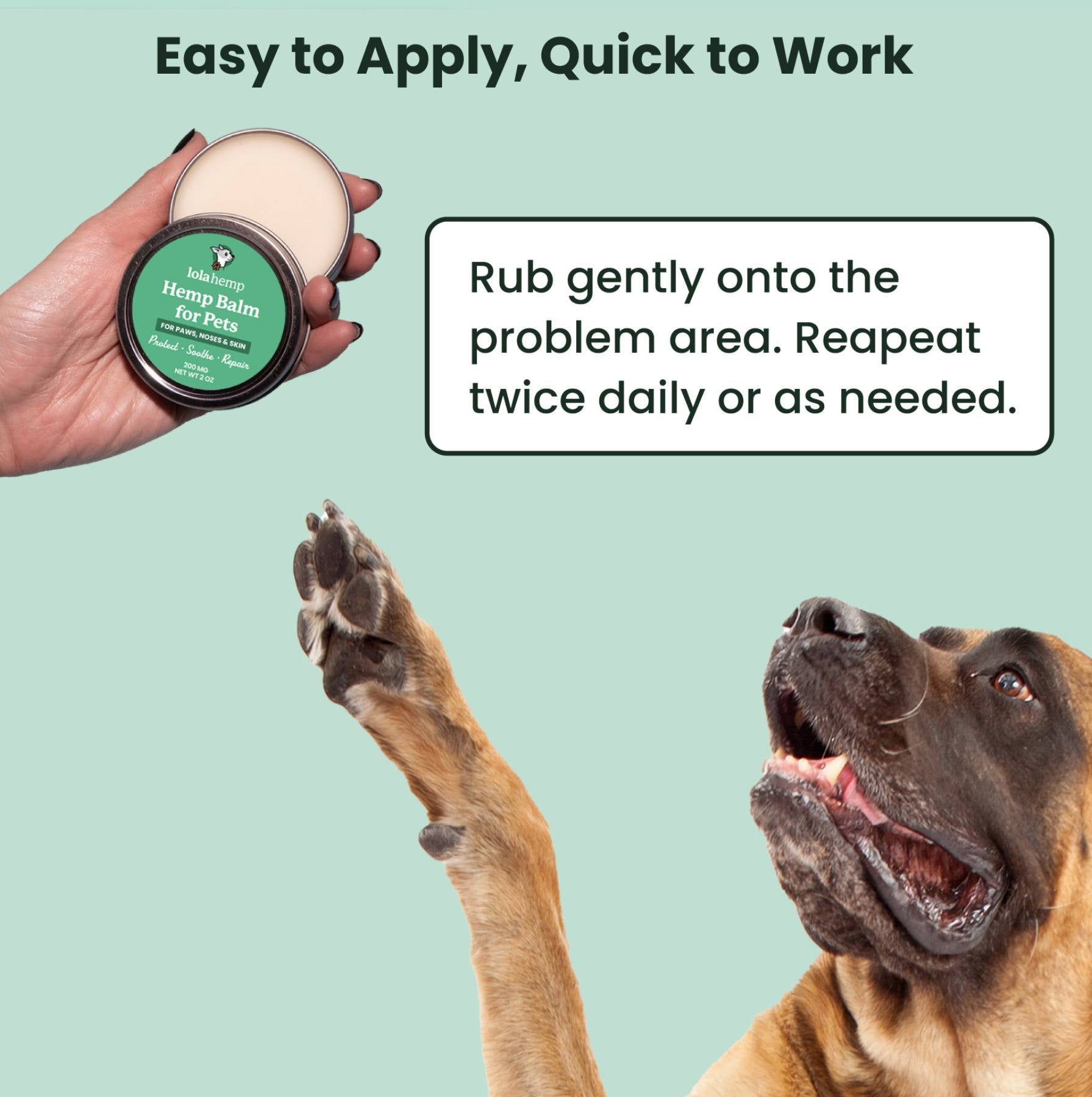
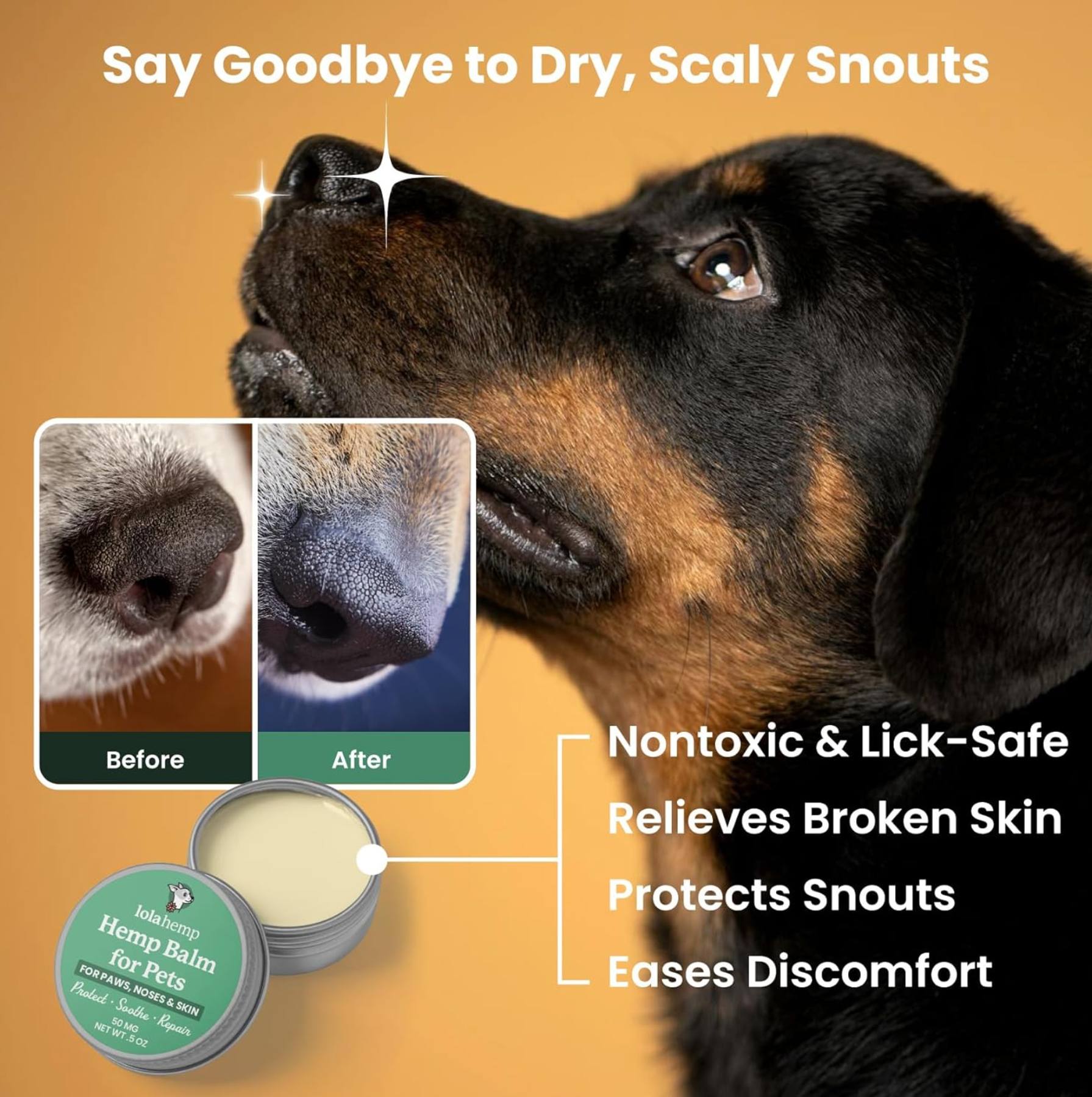
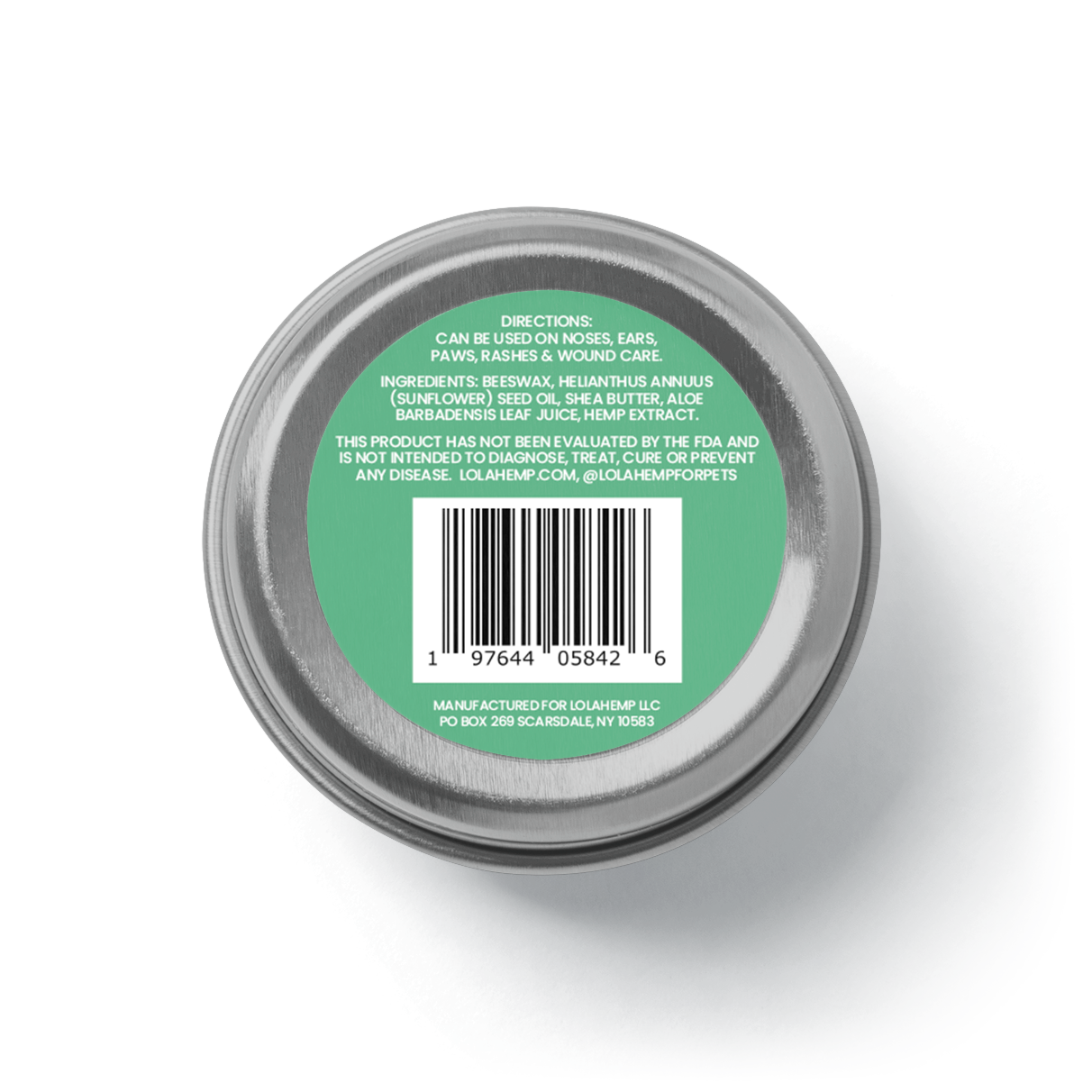




Comment
Can you tell me if you carry any products for flea prevention, flea bites and itching sprays or shampoos? Our small dogs never had fleas and are indoors except for be let out to go to the bathroom. There are large dogs behind us, neighbors. We think that is how our dogs have gotten them.also, anything that may kill fleas in the yard. They are miserable and we have bathed them and put on flea spray. Any recommendations on what we can do to alleviate this issue?